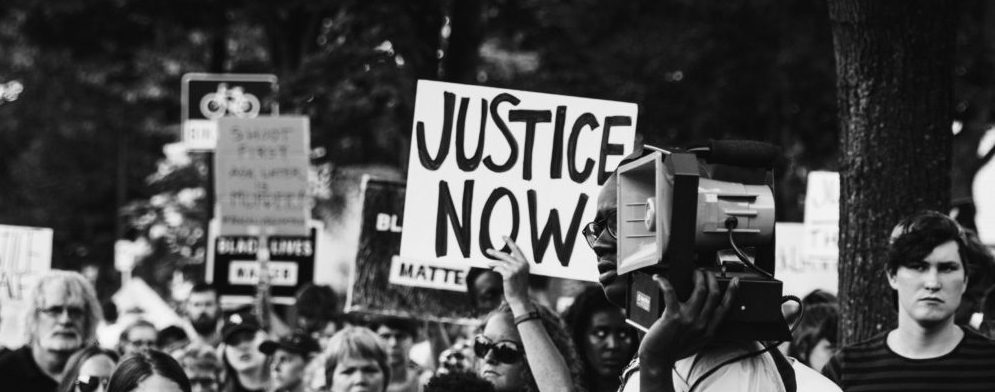The Orwell Foundation to launch prize exclusively for political fiction
The Orwell Foundation, based at University College London (UCL) and established in the early 1990s by Professor Sir Bernard Crick, uses the work of George Orwell to “celebrate honest writing and reporting, uncover hidden lives and confront uncomfortable truths. It additionally promotes “Orwell’s values of integrity, decency and fidelity to truth”. It awards The Orwell Prizes, the UK’s most prestigious prizes for political writing. This month, The Foundation is finally launching a prize focused solely on celebrating fictional novels and short stories which illuminate social and political themes.
From modest beginnings, the Foundation is now responsible for several highly reputed prizes, which are greatly respected in the Anglophone world. There is the Orwell Prize for Exposing Britain’s Social Evils, The Orwell Youth Prize, The Orwell Journalism Prize, and The Unreported Britain Project, as well as annual lectures and a variety events at schools, conferences and literary festivals.
Both prizes are worth £3000 and will be awarded for the first time in 2019 around George Orwell’s birth anniversary
Up until now, there was also the well-known Orwell Book Prize, open to both fiction and non-fiction entries. However, the Foundation has now announced that it is renaming it The Orwell Prize for Political Writing and introducing The Orwell Prize for Political Fiction as an independent award. The latter will focus solely on fictitious narratives, whilst the former will be open exclusively to works of non-fiction. Both prizes are worth £3000 and will be awarded for the first time in 2019 on George Orwell’s birth anniversary, June 25.
According to a report by The Bookseller, the new prize for Political Fiction will be sponsored by the Orwell estate’s literary agency A.M. Heath, and George Orwell’s son, Richard Blair. It will be launched at the Orwell Lecture given by Kamila Shamsie, entitled “Unbecoming British”, on the 13 November 2018. The Orwell Foundation says this lecture should explore ‘citizenship, migration and the transformation of rights into privileges.’ The four judges of the inaugural award, including a representative of the UCL English Department, will also be revealed.
Previous winners of the Book Prize include a wide variety of autobiographies, novellas, longer works of fiction, memoirs and historical pieces of writing, such as Citizen Clem (2017) and Poverty Safari (2018). They all focus on addressing problematic political and social circumstances, particularly in Britain. To me, the creation of a Prize specifically for fictitious literature of this political nature, seems evident. Bill Hamilton, Managing Director of A. M. Heath agrees, stating that he could not think of anything “more appropriate in a new age of political turmoil than a fiction prize, run by the Orwell Foundation, to focus not just on fable and satire but on the underlying politics that animates all social relations.”
Right now, we need all the truth-telling in as many forms as we can get
Richard Blair, Orwell’s son, also expressed: “The Orwell Prize for Political Fiction is a logical development of the Orwell Foundation’s quest to promote his vision of a more just and transparent world, and it will encompass the broad spectrum of Orwell’s beliefs.”
Professor and Historian for the BBC Jean Seaton added: “Orwell’s fables and fictions still offer disturbing insights into modern life. So, it is thrilling to be able to launch a new Orwell Prize for Political Fiction… Right now, we need all the truth-telling in as many forms as we can get.”
Blair, Seaton and Hamilton clearly all appreciate the importance of fiction with regards to highlighting socio-political issues. Fiction offers an accessible form of literature, with characters and a storyline the reader can become attached to. The danger of non-fictitious works, for example autobiographies, is that the reader can easily become an outsider. Indifferent to the events, they could perceive the narrative as a thing of the past, separate from their own modern world.
Fiction is immersive and has a certain quality of timelessness. For example, a classic such as Anthony Burgess’s A Clockwork Orange, written over 50 years ago, is still considered relevant today and continues to be taught across extensive curriculums for its socio-political message.
George Orwell famously stated that what he most wanted to do was “to make political writing into an art”. The new Political Fiction Prize will only help to encourage, solidify and fulfill this indisputably important objective.

Comments
Comments are closed here.